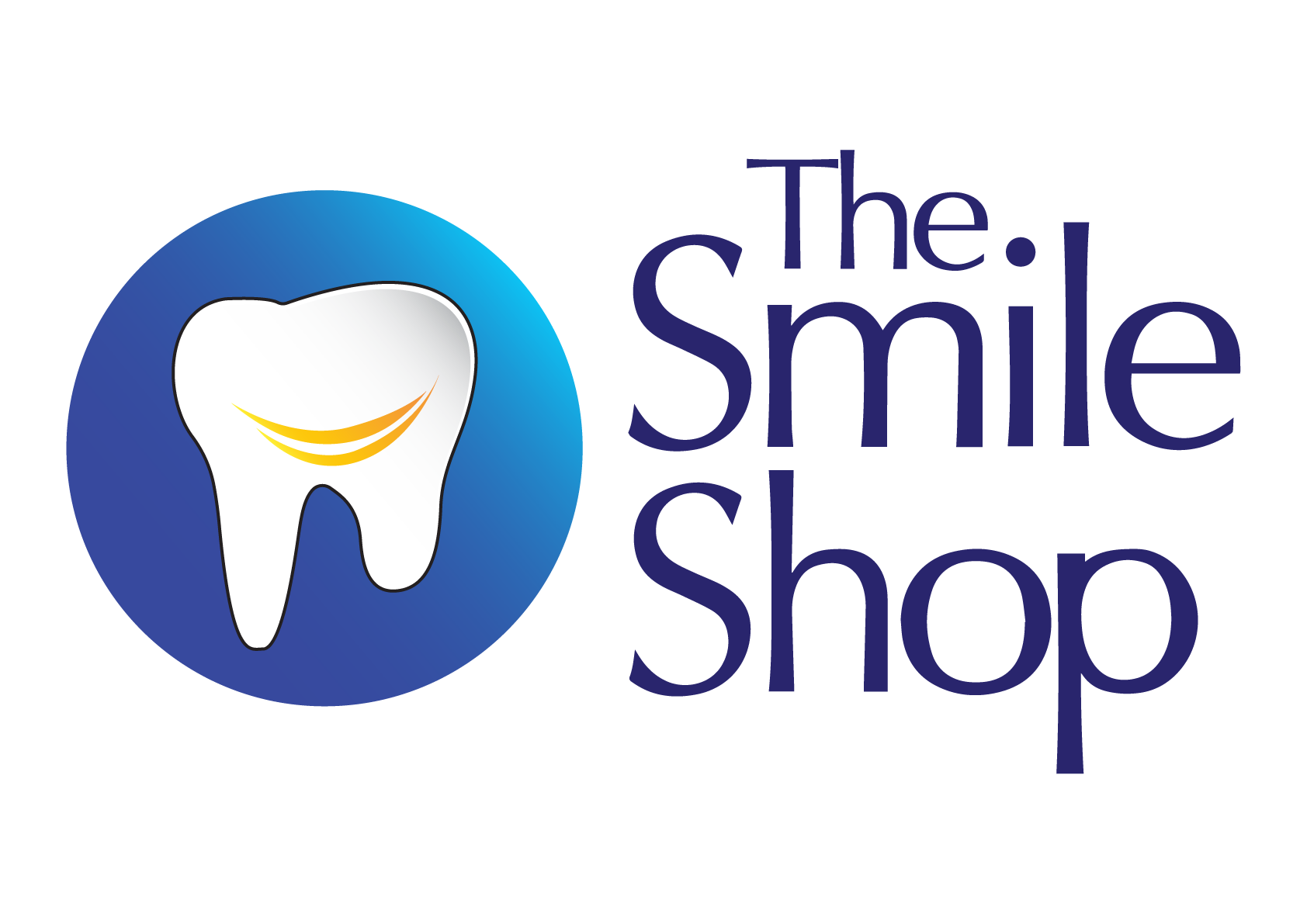An old saying goes “PREVENTION IS BETTER THAN CURE”
The above statement cannot be over-emphasized when it comes to dental health. Globally, the average person finds dental treatment expensive to afford mostly because of the high cost of training a dentist and high cost of running a dental clinic.
In developing countries, this is complicated by low numbers of dentist (ideally there should be 1 dentist for every 2,000 persons in any community); however most developing countries don’t have enough dentists to meet this ideal situation.
For instance, in Nigeria this ratio is 1 dentist for every 50,000 persons (with increasing trend of ‘JAPA’, this figure could further increase). Put global recession and rising inflation in the mix, and you begin to see where the high costs come in.
With the above in mind, most people are already disadvantaged when it comes to dental healthcare. This is why prevention is better than treatment/ cure.
In many countries, especially one like ours, Nigeria, there is lack of awareness regarding oral health and disease. When you get a stomach ache, you want to see a doctor immediately, but if it’s a toothache you expect that it will heal on its own; so ‘no need to see a dentist’ unless it’s unbearable.
The result of this is that people ignore their dental health or only attend to dental problems in extreme situations (when they cannot eat or could not sleep the previous night, for instance).
Truth is, when detected early, a simple tooth cavity can be treated with a simple filling which is usually not an expensive procedure. When a tooth cavity begins to hurt, it most likely has reached a state where a simple filling won’t solve the problem, necessitating the need for a root canal treatment (or in more serious cases- a tooth extraction) which is more expensive.
Maintaining good oral hygiene has been proven to be one of the top two ways of preventing dental disease. Sadly, a lot of people do not give attention to their daily oral hygiene routines.
What Can You Do?
- Visit your dentist for regular checkups (do not wait for pain). It is cheaper to have a checkup done (costs less and requires less than 10 minutes). With the MyDentalPal app, you get a FREE dental checkup on sign up. Book Appointment Here
- Plan your financial budget with your dental health in mind and save up for it. Get dental services done at discounted rates when you use the Mydentalpal App.
- Watch your diet. Avoid sugary foods and snacks.
- Maintain good oral hygiene. Visit our online store to see our wide range of dental accessories to help you stay on top of your game.
